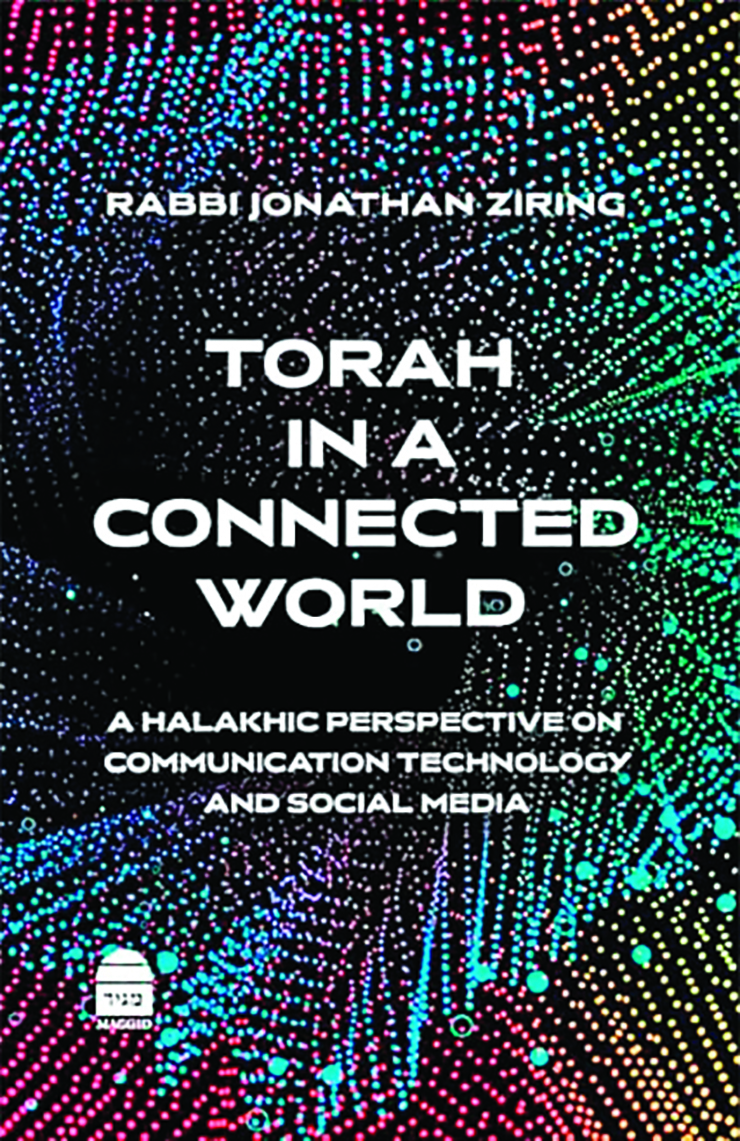The term People of the Book, which sounds much better in Hebrew, Am HaSefer, is indeed apt. Walk into any Jewish bookstore or browse on Amazon, and new titles arrive daily.
The year 5784 is coming to a close, and, like previous ones, was blessed with many excellent books. This is my list of the top five books of the year, most of which were previously reviewed in this fine publication.
My friend Meyer Mandel said that the definition of a good shiur is one that, after it’s over, makes you want to go and open up a sefer. With some license, a really good sefer makes you want to open up more seforim. And all of the ones listed here do just that.
Book of the Year:
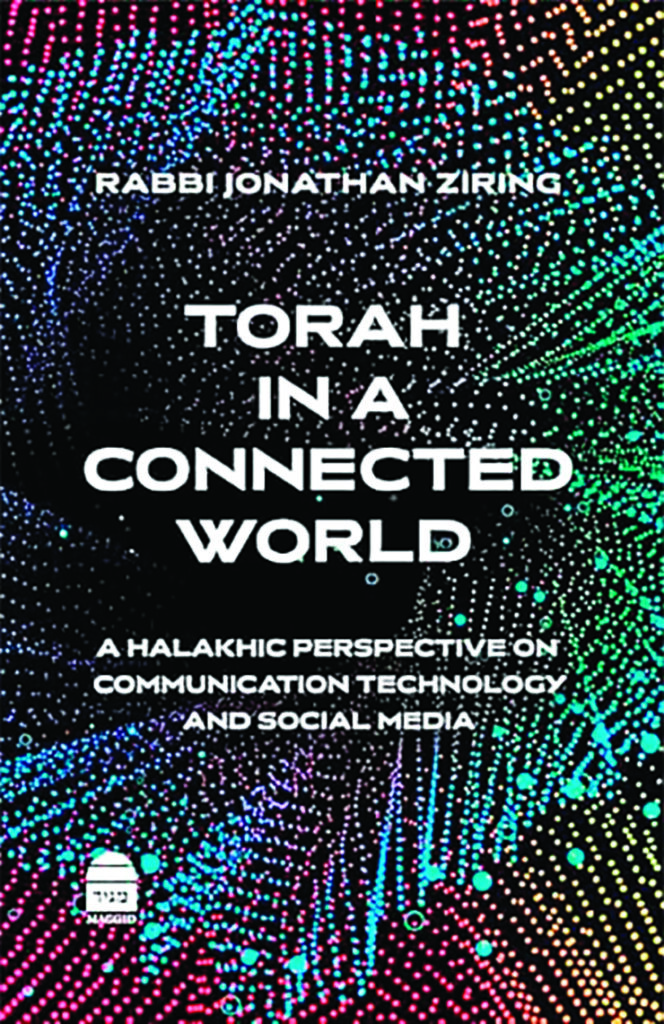
Reviewing: “Torah in a Connected World: A Halakhic Perspective on Communication Technology and Social Media” by Jonathan Ziring. Maggid Books. 2024. Hardcover. 464 pages. ISBN-13:
978-1592646241.
When the Chofetz Chaim wrote his books on lashon hara (evil speech) over 100 years ago, he couldn’t imagine that a century later, something could be said and, within minutes, be instantly shared and seen worldwide by hundreds of millions of people. Yet that is today’s reality with modern communications and social media.
With technological advancements come halachic quandaries. Observant Jews who want to use social media face myriad challenges. For those who want answers on how to do it within the bounds of halacha, Rabbi Jonathan Ziring’s “Torah in a Connected World: A Halakhic Perspective on Communication Technology and Social Media” provides many of those answers.
This is the go-to guide and book of the year for anyone using or reading social media. Ziring has written a remarkable book outlining the complex halachic and technological issues we face today. Modern communications introduce innumerable halachic issues. Here he brilliantly shows how one can thrive using these when one understands the underlying halachic matters.
Runners-Up: In No Particular Order:
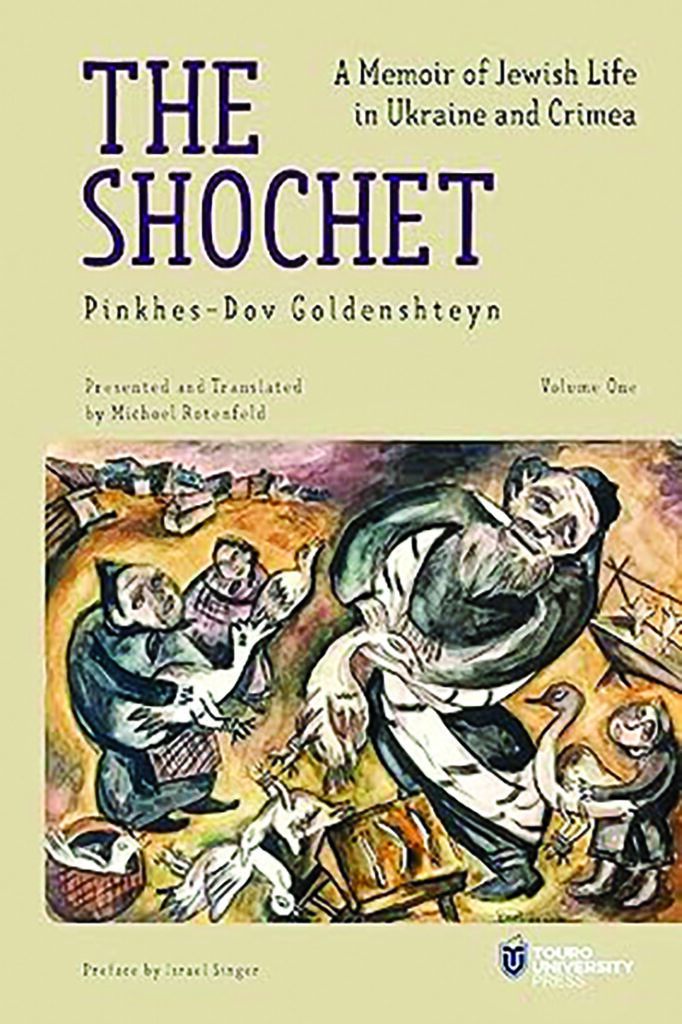
Reviewing: “The Shochet: A Memoir of Jewish Life in Ukraine and Crimea, Volume I” by Pinkhes-Dov Goldenshteyn (Author) and Michoel Rotenfeld (Translator). Touro University Press, September 2023. Paperback.
Who knew that the autobiography of a shochet from Eastern Europe could be such a fascinating read? This book takes the romanticism out of “Fiddler on the Roof” and shows how much of a hellhole Eastern Europe really was for the Jews of the time. Author Michoel Rotenfeld has done a wonderful job with this remarkable book. And I’m looking forward to Volume 2 coming out next month.
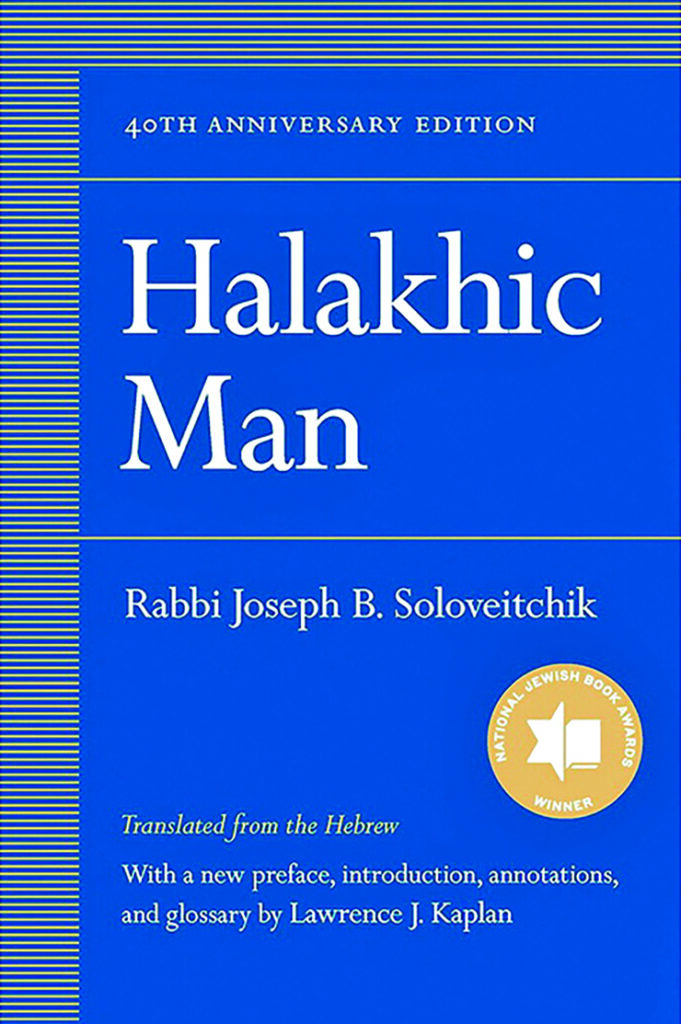
Reviewing: “Halakhic Man” by Rabbi Joseph B. Soloveitchik. The Jewish Publication Society; 40th Anniversary edition. 2023. English. Hardcover. 408 pages. ISBN-13:
978-0827615601.
In this is a graduate-level work of philosophy, Rav Soloveitchik expects the reader to be conversant in the works of philosophers such as Hermann Cohen, Immanuel Kant and Ernst Cassirer, as well as Greek philosophy, Jewish theology and Talmudic thought. Professor Lawrence Kaplan’s updated translation makes this task much more approachable for one of the most essential books on philosophy.
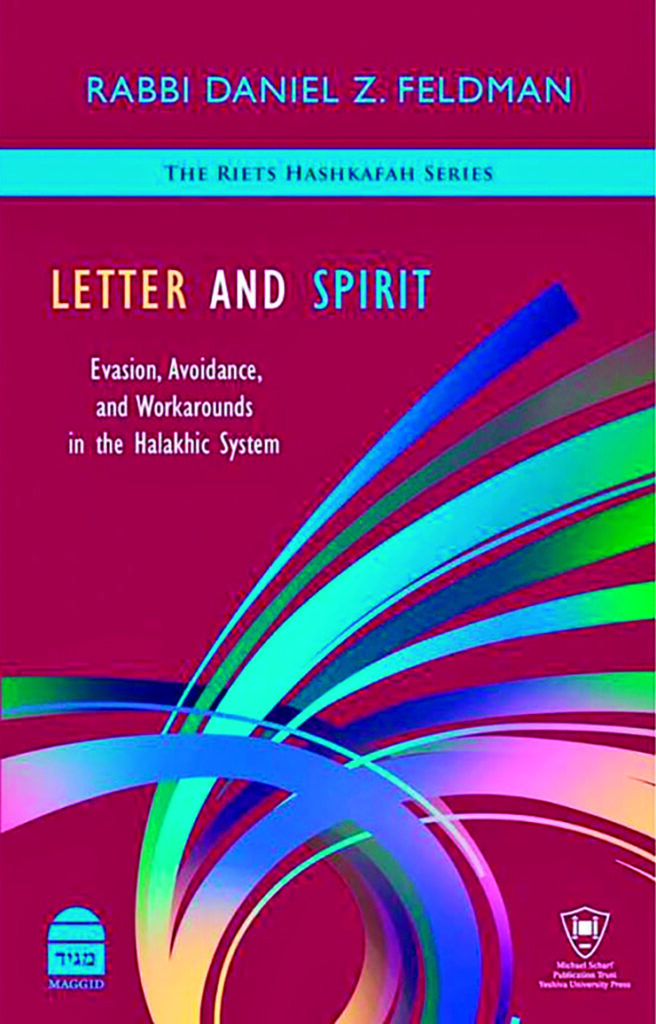
Reviewing: “Letter and Spirit: Evasion, Avoidance and Workarounds in the Halakhic System” by Daniel Z. Feldman. Maggid Books. English. Hardcover. 352 pages. ISBN-13:
978-1592646500.
Rabbi Daniel Feldman deals with topics that lead to misunderstanding due to their halachic complexities. A scholar of rare brilliance, he eloquently shows how the system—while hackable—when followed correctly allows a person to follow the letter and spirit of halacha and carry out the will of the
Torah.
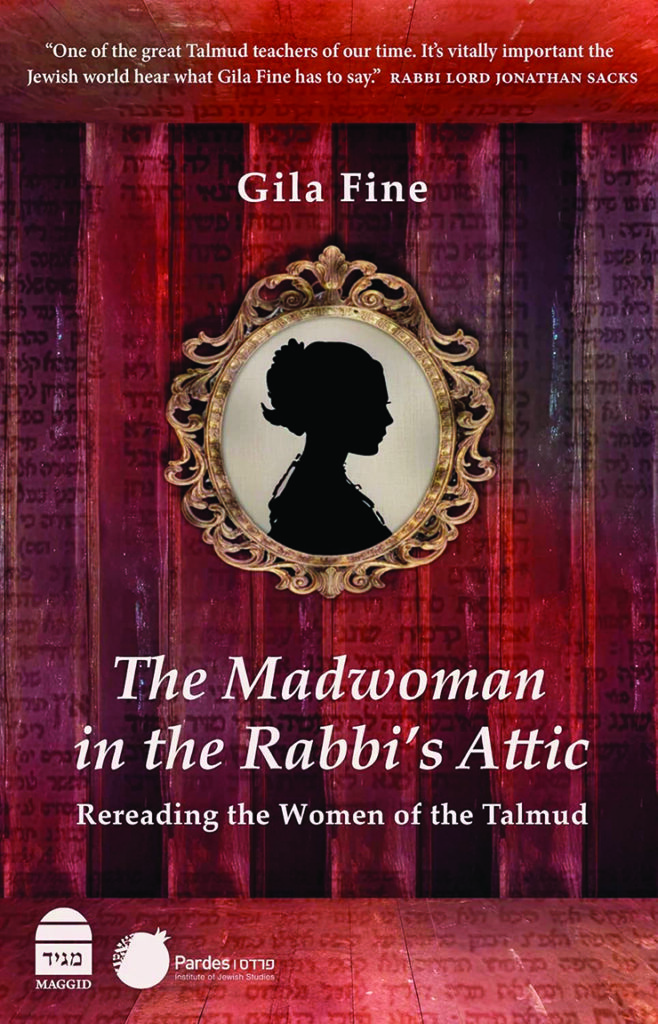
Reviewing: “The Madwoman in the Rabbi’s Attic: Rereading the Women of the Talmud” by Gila Fine. Maggid Books. Hardcover. 249 pages. ISBN-13: 978-1592646739.
The key word in this book’s title is “rereading.” In this original and engaging work, Gila Fine looks deeper into Talmudic texts to show that things are not always what they initially appear to be.
Fine’s approach is to reach each story twice to understand the deep meaning within these stories. The initial read determines its primary meaning. The second read uncovered the more profound truth that lies between the lines. And this is a book you should be reading.
Ben Rothke lives in New Jersey and works in the information security field. He reviews books on religion, technology, philosophy, and science. Follow him on Twitter at @benrothke. His new book, “The Definitive Guide to PCI DSS Version 4: Documentation, Compliance, and Management,” was just published.


